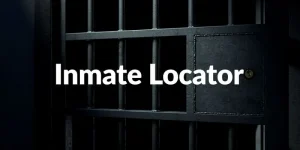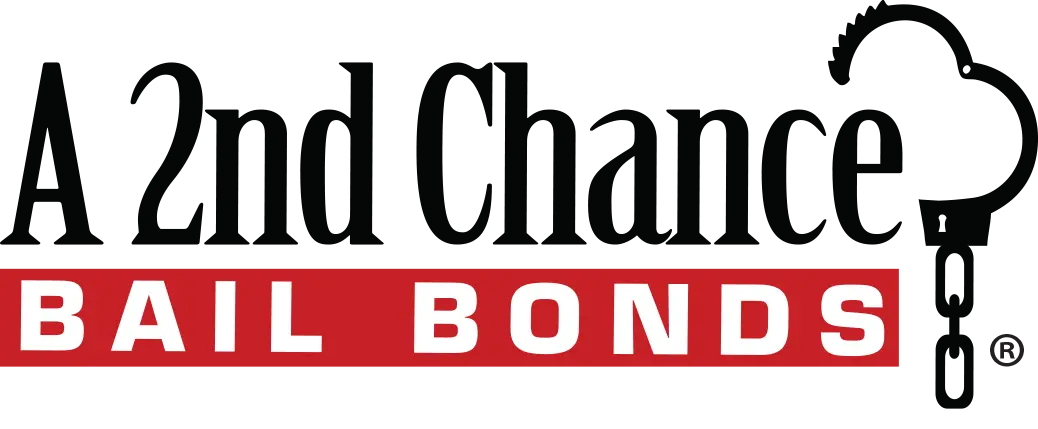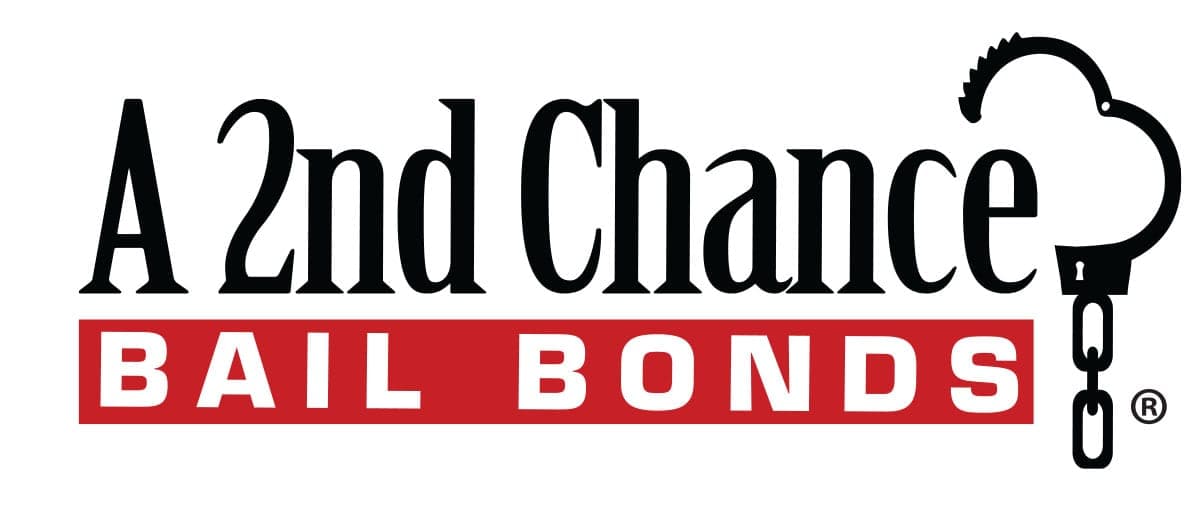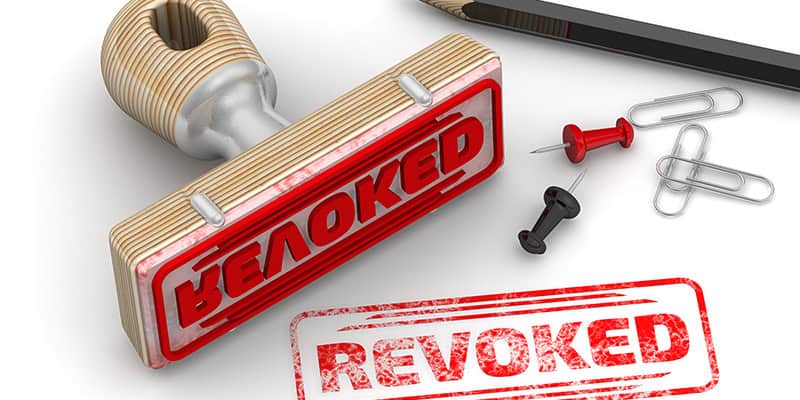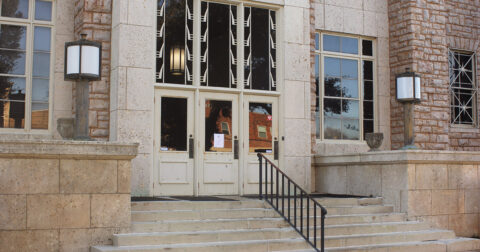When you or a loved one secures bail, it’s vital to understand the conditions that come with it. A 2nd Chance Bail Bonds wants to help you or your loved one exercise your right to bond out of jail – and stay out of jail. With that in mind, here are some common reasons you could have your bail revoked after completing the bonding process.
1. Cosigner Request
Sometimes, a cosigner requests to revoke the bond. There are circumstances where a cosigner may feel revocation is necessary for safety or financial reasons. We may agree to revoke bail if we believe there’s a valid concern.
2. Unpaid Balance
Bail bonds may involve a payment plan. If you have an unpaid balance, your bail could be revoked. Make sure to submit payments on time.
Don’t worry — our team will make multiple attempts to reach you before revoking your bail. If financial difficulties arise, we will do our best to find a solution that works for everyone.
3. Changing Your Address Without Notice
If you move, you must notify your bonding company. Unexpected address changes without proper notification can be seen as an attempt to evade court, and this may lead to revocation. Make sure to keep us in the loop about any address changes to avoid misunderstandings.
4. New Charges or Arrests
If you get rearrested or face a new charge while out on bail, your bond may be revoked. New charges indicate a risk of non-compliance with the terms of the initial bond, and a judge may decide to revoke bail entirely until you resolve one or both of the cases you are facing. It’s vital that you stay out of trouble while out on bond.
5. Violation of Bond Conditions
In addition to attending all court appearances, you may often be required to follow specific conditions, such as avoiding certain people or locations. For example, if you are out on bail for a charge of driving under the influence (DUI), you may be ordered to stay away from drugs or alcohol and avoid bars.
A 2nd Chance Bail Bonds ensures you have a copy of your bond paperwork so you can understand and follow all pre-trial conditions.
6. Judge Revocation
A judge or pretrial services officer may choose to revoke your bail if they believe it’s in the best interests of public safety or the integrity of the legal process. This decision may stem from observed behavior or a petition from the victim.
Unfortunately, there is little that a bail bond company can do to intervene when facing a judge revocation. However, if the judge reverses the order or your attorney successfully argues that you deserve the right to bond out, you may be able to post bail again.
Got Questions About Bail? We Can Help
Contact A 2nd Chance Bail Bonds in Atlanta to speak to one of our experienced team members or arrange bail for you or a loved one. We also offer consulting services to help you understand the rules and expectations for bail bonds.

